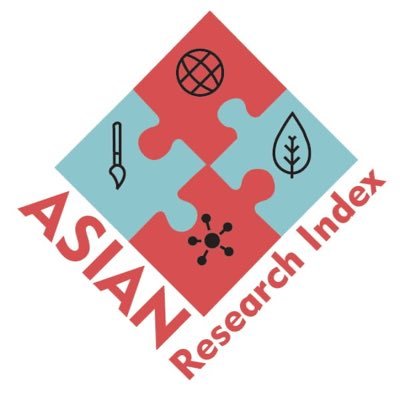An Overview of English Translations of the Holy Qur’ān by Women
Abstract
This paper focuses on women's participation in the translation of the Holy Qur’ān into English. A diminutive history of Qur’ānic translations and commentaries written by women in different languages has been shared. In addition to it, six women translators have been selected for this study who have rendered the Holy Qur’ān into English. These six translators belong to different regions of the world. One translator is Aḥmadī and others represent different sects of Islam, including Sunni, Shia and Sufism. The main purpose of this study is to present some biographical data of selected women translators and an overview of their Qur’ānic renderings. These translators can be divided into two groups: the first group contains translators who have translated the Holy Qur’ān in collaboration with other male partners. They are Amatul Raẖmân Omar, Samira Ahmed, and Aisha Bewley. The second group involves women who have rendered the Holy Qur’ān individually, namely Umm Muhammad, Tahereh Saffarzadeh, and Laleh Bakhtiar. However, in this study, the introductions of these women and their translations have been given according to the chronological order of publication of their translations.



.png)




